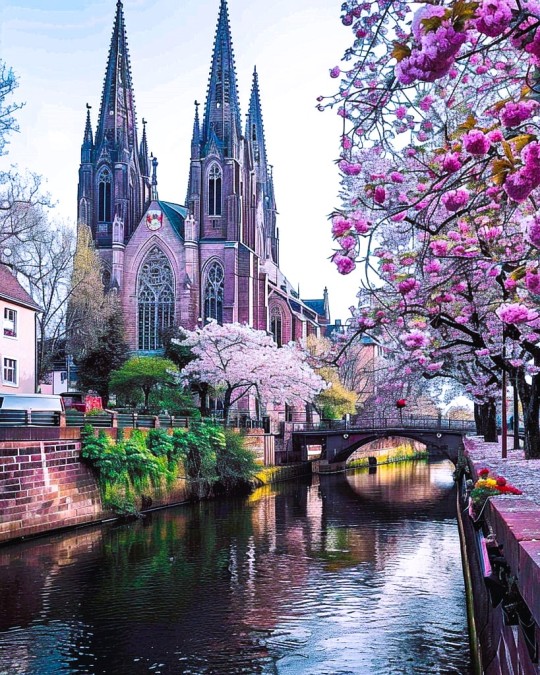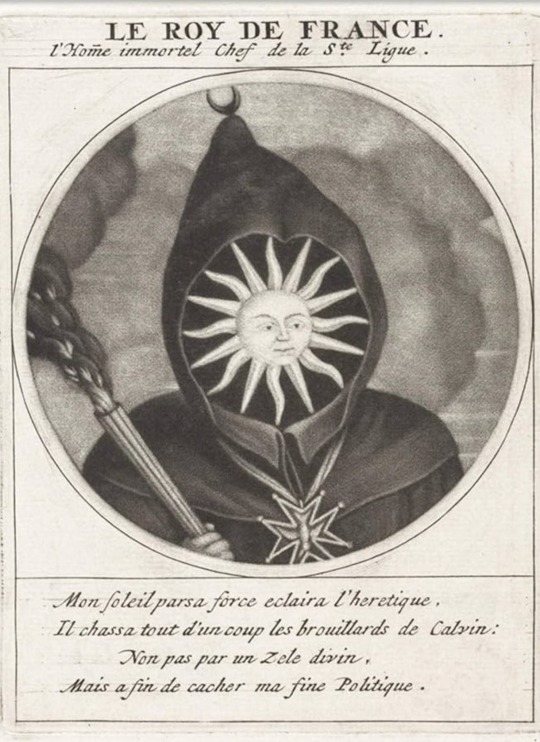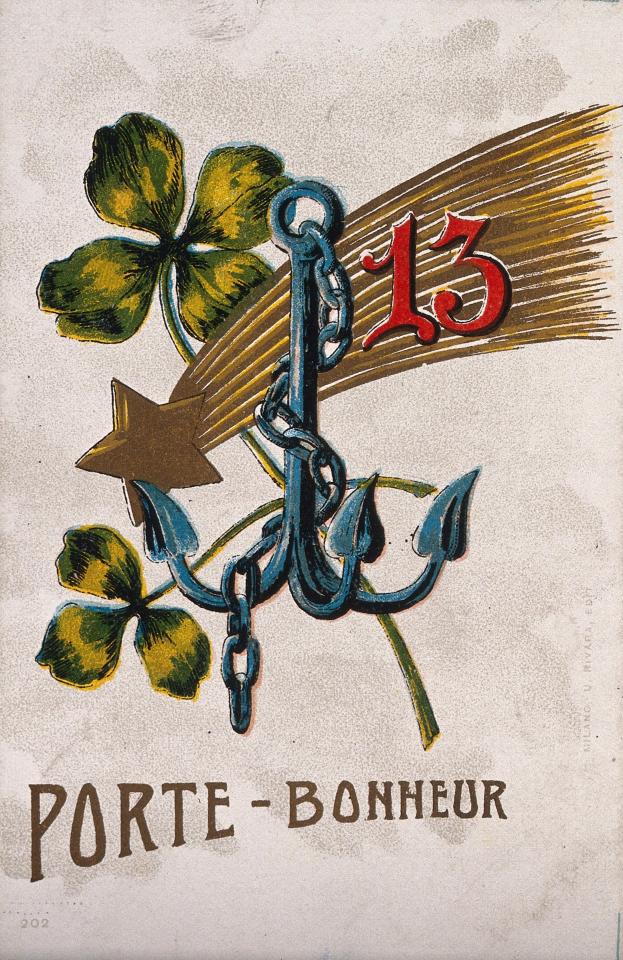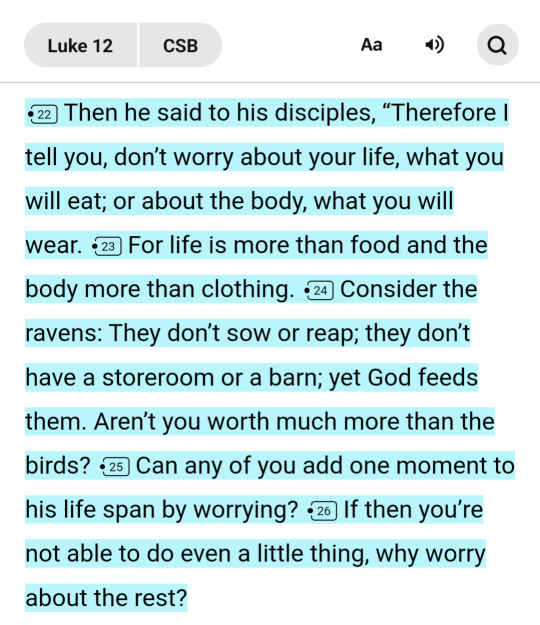#calvinism
Explore tagged Tumblr posts
Text
The real central tension of Puella Magi Madoka Magica is that Homura Akemi is a Catholic living in a world where Calvinism is demonstrably correct, but only for girls.
#media#cartoons#animation#anime#puella magi madoka magica#pmmm#homura akemi#religion#christianity#calvinism#gender#this is a serious post
2K notes
·
View notes
Text

-Thomas Watson
381 notes
·
View notes
Text
David writing Psalm 22: Would You still love me if I was a worm?
504 notes
·
View notes
Text
it is nice to see Americans support Luigi and bring up how evil our healthcare system is, I think it will fall on deaf ears with the next administration. Americans need to decide if our current healthcare needs to change or stay the same. so far, a lot of people in this country are squeamish about socialized healthcare.
I don't think Americans have it in them to unite & fight against the elite like it's Les Mis. we let the police & feds attack us while peacefully sitting down in a designated free speech zone. how does a revolution start with that and the fact that a lot of groups have no strong leaders or are unorganized?
a majority of people in this country simp for rich people like they're gods and don't realize that those rich people see them as human cattle. it's not to sound hopeless (but I am a little apathetic), I'm just realistic about how Americans are. face it, us Americans mobilize quicker for Stanley Cups & getting angry over pronouns than our rights. our individualism will lead to our downfall.
#luigi mangione#stanley cup#united healthcare#us healthcare#free healthcare#socialized medicine#les mierables#les mis#simping for the rich#calvinism#elongated muskrat#elon musk#donald trump#us politics#us pol#individualism#ranting#late stage capitalism#my thoughts#preferred pronouns
341 notes
·
View notes
Text
The queer movement has been co-opted by neo-Calvinists and moral Puritans. Its very disappointing. Reblogging someone's nsfw selfies that THEY posted OF THEMSELVES is not supporting rape. I can't believe I have to say this; these young queer people are playing right into the far right's hand. Everything I post is either clearly labeled fantasy or someone feeling sexy and wanting to show off their own body. Who are they to deny people that bodily autonomy? Who are they to label the human body impure? What's wrong with these people. They make the whole queer liberation movement unsafe by gentrifying and sanitizing it. Kink is a vital part of queer history of resistance. Only moral-Puritans want to oppress people's right to do what they please with their own body. It's bodily autonomy, which is the very core of trans liberation. What backwards people.
#bodily autonomy#queer liberation#trans liberation#kink stuff#john calvin#calvinism#moral purity#puritans#reactionary#you are not immune to propaganda#far right#lgbtqia#lgbtq community#kink belongs at Pride#stop being moral cops#seek help
110 notes
·
View notes
Text

St. Paul's Church, Strasbourg, France: The St. Paul's Church of Strasbourg is a major Gothic Revival architecture building and one of the landmarks of the city of Strasbourg, in Alsace, France. Wikipedia
#St. Paul's Church#Protestant#Continental Reformed#Gothic Revival architecture#Calvinism#Strasbourg#alsace#grand est#France#europe
265 notes
·
View notes
Text
My Biggest Objection To Calvinism
I think that Calvinism is, if taken to its logical conclusion, a nihilist theology.
Calvinists affirm, as per Westminster Catechism 1, that the purpose of human existence is the glorification of God. Furthermore, the standard Calvinist theodicy states that evil is permitted in order to glorify God by Him punishing and destroying it - hence, damnation is glorifying to God, because He is punishing evil. Furthermore, it is as glorifying to God as salvation, because if it were not God would be limiting His glory (which makes no sense when God is absolutely sovereign and created the universe to glorify himself) or universalism is true (which any orthodox Calvinist would deny, and rightly so).
The conclusion, hence, is that the damnation of the reprobate and the salvation of the elect are equally glorifying to God, and hence, within the logic and value system of Calvinism, equally good - which, in my opinion, is a transparently nihilist stance. Why work for the salvation of others or devote oneself to the Christian life if damnation is equally good?
A Calvinist might object that systems that include free will also have this problem, since they too assert that God permits evil for His glory (so that people can be free and hence do meaningful good). However, such systems (at least Eastern Orthodoxy, the one I belong to), deny that damnation is glorifying to God, and state that the greater good comes from the fact that humans following God of their own volition and cooperating with Him is far more glorious than humans doing so because of compulsion.
A Calvinist might also object that I've cut the Westminster Catechism short; it says "to glorify God and enjoy Him forever" the latter of which people in Hell are obviously not doing; hence, damnation is worse than salvation. But that makes the problem worse, because if you say that enjoying God forever is one of the chief ends of man and there are many people who will not be enjoying God forever, you've conceded that it's possible for God's purposes to be thwarted - and once you concede that, the entire edifice of Calvinism is fatally compromised.
Any Calvinists here, I'd be interested to hear your thoughts. Tagging @greater-than-the-sword, @rabbits-of-negative-euphoria and @theexodvs for that purpose.
106 notes
·
View notes
Text

“When we are out of the way of our duty we are in the way of temptation…Idleness gives great advantage to the tempter. Standing waters gather filth.”
— Matthew Henry; Commentary on 2 Samuel 11
71 notes
·
View notes
Note
I was listening to the Lord of Spirits podcast this morning, and one of the things mentioned as a reason to dislike Calvinism:
According to Calvinism, it is possible that all your children will end up in Hell, having been created to experience God's wrath, and your response will be to praise God for his benevolence and wisdom. Calvinists don't like saying this, of course, but there's no way for them to deny it and be consistent.
Yeah, I've heard that. It's sick isn't it? Calvinism destroys people. I even wonder if there's demonic influence in it.
44 notes
·
View notes
Text
RIP Rafal, you would've loved Calvinism (if applied to the Storian, if you had lived).
Context:

#his being the ONE and all—#joke#school for good and evil#rise of the school for good and evil#fall of the school for good and evil#rafal#rafal mistral#sge#sfgae#the school for good and evil#tsfgae#rotsge#rotsfgae#fotsge#fotsfgae#my post#meme#RIP meme#calvinist#calvinism
31 notes
·
View notes
Text
As Christians, we shouldn't be surprised when the world mocks Jesus or us. The world hated Jesus because He convicted people of their sin, the world will hate us for the same reason. One of the oldest depictions of Jesus is a piece of Roman graffiti. It shows Jesus, crucified with a donkey head and captioned, "Alexamenos worships his god." To quote Martin Luther, "They gave our Master a crown of thorns, why do we hope for a crown of roses?"
431 notes
·
View notes
Text
For we ourselves were once foolish, disobedient, led astray, slaves to various passions and pleasures, passing our days in malice and envy, hated by others and hating one another. But when the goodness and loving kindness of God our Savior appeared, he saved us, not because of works done by us in righteousness, but according to his own mercy, by the washing of regeneration and renewal of the Holy Spirit, whom he poured out on us richly through Jesus Christ our Savior, so that being justified by his grace we might become heirs according to the hope of eternal life.
Titus 3:3-7 ESV
34 notes
·
View notes
Text

Le Roi Soleil. Le Roy de France, Louis XIV
"My Light with its force illuminated the heretic. Suddenly, It chased away the fogs of Calvin: Not by a Divine Zeal, But in order to hide my fragile Policy"
Jacob Gole, 1691
This artwork was produced in 1691 as part of a satirical series titled "Les Héros de la Ligue ou la Procession Monacale".
This series comprises caricatures of figures involved in the repression of French Protestants following the revocation of the Edict of Nantes in 1685.
#art#louis xiv#le roi soleil#sun king#dark sun#sun#jacob gole#rose of versailles#palace of versailles#chateau de versailles#Versailles#history#historical#histoire#hermetic#alchemy#hermetism#occult art#occultism#occult#caricature#calvinism#rosicrucian#masonry#freemasonry#17th century#classical art#artists on tumblr#symbolism in art#symbolist art
20 notes
·
View notes
Text

Feeling superstitious this Friday the 13th?
Superstitions, magic, and witchcraft have deep historical roots, spanning across cultures and civilizations. Rooted in the human quest to understand and control the mysterious forces of the world, these practices often involve rituals, symbols, and beliefs that go beyond the realm of empirical evidence.
Superstitions are often cultural traditions or irrational beliefs, while magic encompasses rituals and spells believed to harness supernatural powers. Witchcraft, historically associated with individuals, often women, who were thought to possess magical abilities, has a darker side marked by persecutions. The infamous witch trials, such as the European witch hunts of the 15th to 18th centuries, resulted in the persecution and execution of thousands.
Fear of the supernatural, religious fervor, and social tensions contributed to these dark chapters in history, underscoring the dangers of unchecked superstition and the persecution of those labeled as practitioners of magic or witchcraft.
Learn more on JSTOR in "Superstitions, Magic, and Witchcraft," an open access chapter from The Consistory and Social Discipline in Calvin's Geneva.
Image credit: A Postcard Wishing Good Luck Illustrated by Various Lucky Charms. Chromolithograph. From the Wellcome Collection on JSTOR.
#jstor#research#academic research#superstition#magic#witchcraft#calvinism#supernatural#witch hunts#good luck#friday the 13th#occult#folklore
237 notes
·
View notes
